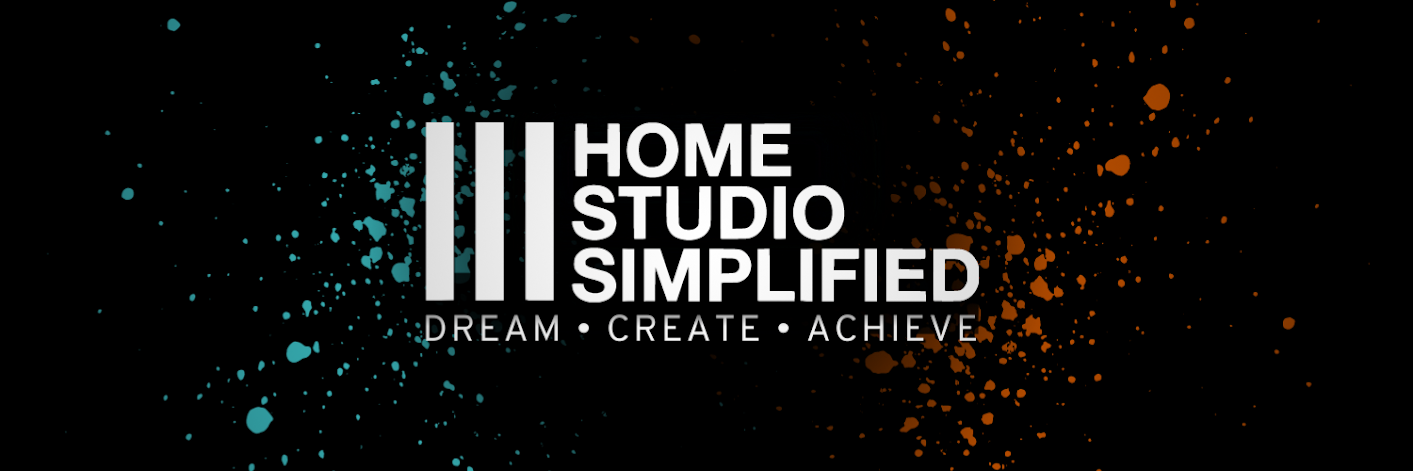Artificial Intelligence (AI) is rapidly transforming industries, and music is no exception. From composition and production to distribution and marketing, AI has become a powerful tool for creators, businesses, and listeners alike. However, this technological revolution is a double-edged sword, presenting both exciting opportunities and significant challenges.
The Pros of AI in the Music Industry
Enhanced Creativity and Accessibility
AI tools like generative music software empower artists by assisting with composition, suggesting chord progressions, or even generating complete songs. Platforms like Amper Music and AIVA enable creators without formal musical training to produce high-quality tracks, democratizing music creation.Efficient Music Production
AI-powered plugins can automate tedious aspects of music production, such as mixing and mastering. For example, tools like iZotope’s Ozone or LANDR provide fast, professional-grade mastering solutions, freeing artists to focus on the creative process.Personalized Listening Experiences
Streaming services like Spotify and Pandora use AI algorithms to analyze listener preferences, creating highly tailored playlists. This personalization enhances the user experience and exposes listeners to new artists who match their tastes.Revolutionized Marketing and Distribution
AI helps labels and independent artists analyze market trends, predict hit songs, and target the right audience with precision. Platforms like Soundcharts and Chartmetric leverage AI to optimize promotion strategies, increasing an artist’s reach.Preservation and Restoration
AI is being used to restore old recordings by removing noise, enhancing clarity, or even recreating lost or damaged audio. This technology allows music history to be preserved for future generations.
The Cons of AI in the Music Industry
Creativity vs. Automation
Critics argue that AI-generated music lacks the emotional depth and uniqueness of human-created art. While AI can mimic styles, it struggles to replicate the lived experiences and personal stories that drive much of music's emotional impact.Job Displacement
As AI takes over tasks like sound engineering, mastering, and even songwriting, it risks reducing the demand for human professionals. This automation could lead to job losses in various sectors of the industry.Copyright and Ownership Issues
AI-generated music raises complex questions about authorship. Who owns a song created by AI? The programmer, the user, or the machine itself? Such ambiguities challenge existing copyright frameworks.Bias in Algorithms
AI systems often reflect the biases of their training data. In music, this can perpetuate inequalities by favoring certain genres, artists, or demographics over others, limiting diversity in what is promoted or recommended.Oversaturation of Content
With AI enabling rapid music production, the market risks becoming flooded with similar-sounding tracks. This oversaturation could make it harder for unique and original voices to stand out.
Finding the Balance
The integration of AI into the music industry is inevitable, and its potential to revolutionize the field is undeniable. However, balancing technological advancement with artistic integrity and industry sustainability is crucial.
Artists, producers, and industry professionals should view AI as a tool to enhance their creativity, not replace it. Similarly, policymakers need to address the ethical and legal challenges AI presents, ensuring a fair and equitable music landscape.
AI’s role in the music industry is still evolving. By embracing its strengths while remaining vigilant about its limitations, the industry can harmonize human creativity with technological innovation, ensuring a bright future for music in the digital age.
Here's a really cool tool I just recently reviewed that you can experiment with and have some fun! Enjoy!
